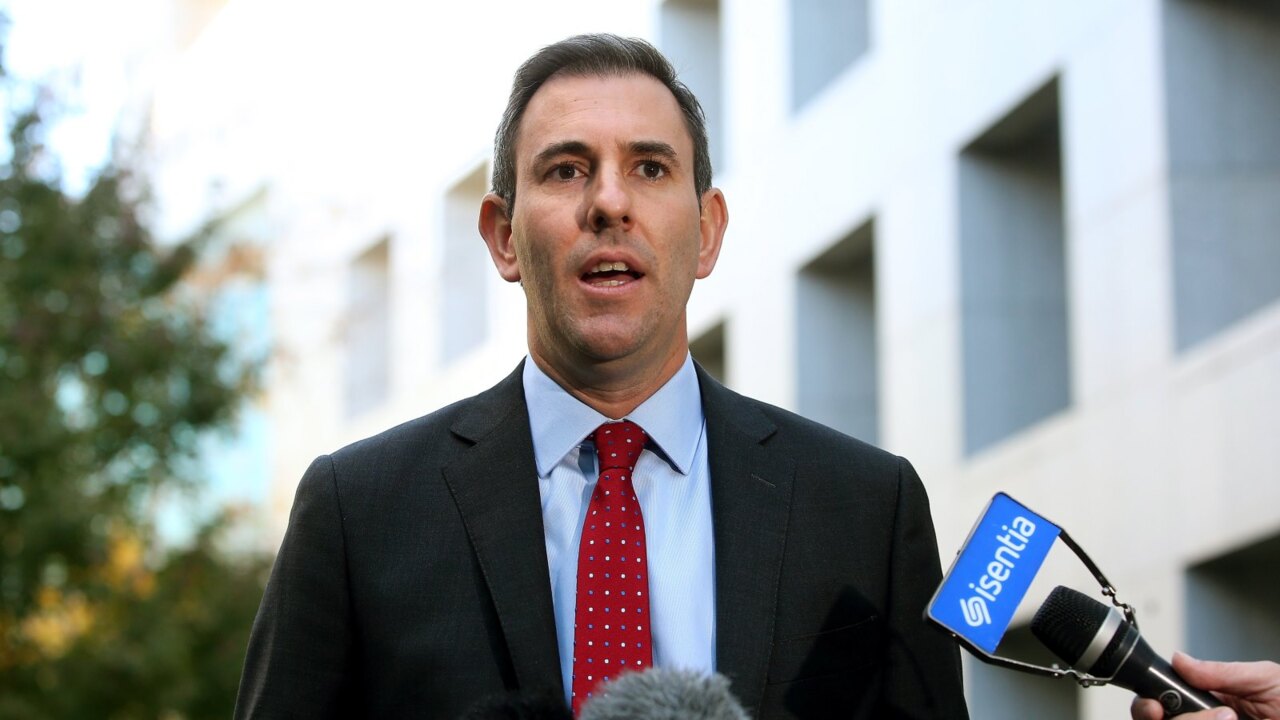HCF members to face higher out-of-pocket costs at Healthscope after funding negotiations fail
Australia’s second-biggest private hospital operator says it won’t renew its agreement with HCF at the end of January.

Healthscope has warned HCF customers that they will face higher out-pocket costs from next year after the Brookfield-controlled hospital group said it will not renew its funding agreement with the not-for-profit health fund.
Healthscope — Australia’s second-biggest private hospital operator — said on Wednesday it would terminate its agreement with HCF when it expires on January 31, citing pandemic cost pressures and inflation reaching its highest rate in 30 years.
This means about 1.7 million HCF members will have to pay an extra $1000 on average if they are treated in one of Healthscope’s 41 hospitals, which include Melbourne Private, Northern Beaches Hospital in Sydney and Brisbane Private.
HCF – which pays for about 76,000 claims a year through Healthscope – accused the hospital group of pursuing the recovery of lost profit margin from the pandemic ahead of patients. It said if it met the hospital group’s demands, its members would withdraw from private health insurance.
It echoes a bitter funding dispute between Ramsay Health Care and British-headquartered health fund Bupa. But the pair managed to salvage their funding agreement shortly before its expiry in August.
A Healthscope spokesman said the impending contract termination with HCF was a “disappointing outcome”. He said the hospital group — which Canadian private equity titan Brookfield acquired for $4.4bn in 2019 — had funding agreements with all other major Australian health insurers.”
HCF also has secured funding agreements with other hospital groups, including a record five-year deal with Ramsay.
Healthscope’s decision not to renew its HCF contract comes as chief executive Steven Rubic stepped down last month, with Brookfield managing director Greg Horan succeeding him in the role.
“Despite extensive negotiations, Healthscope has been unable to agree fair commercial terms with health insurer the HCF Group. We have given the fund notice that we will not be proceeding with a new agreement,” the Healthscope spokesman said.
“The current agreement will end on January 31, 2023. After this date, while HCF Group members can still be treated in Healthscope hospitals, they will face additional out-of-pocket expenses if they remain with their insurer.
“This is a disappointing outcome, and certainly not our preferred option. However, the HCF Group’s final offer was simply not enough to cover the cost of providing private hospital care for their members.”
Healthscope operates 39 private hospitals out of HCF’s national network of 479. The hospital group’s footprint means it services potentially 1.7 million HCF members.

The Healthscope spokesman said the cost of providing “quality hospital care continues to rise quickly”, while food and utility bills soar.
“(This) is a challenge impacting both public and private hospitals, especially in the wake of the Covid-19 pandemic. We have been challenged by health insurers not adequately funding the real and rising costs of our private hospital services, including rising interest rates, food, energy and power, insurance, nurse wages, PPE, maintenance and cleaning costs.
“These cost pressures have been well documented throughout the pandemic, and are now being exacerbated by the highest levels of inflation seen in decades.
“We will continue to negotiate with the HCF Group in the hope of reaching an acceptable agreement.”
A HCF spokesman said as a not-for-profit fund, the group’s core focus is on the health and wellbeing of its members and accused Healthscope of “harvesting” public patients by pursuing deals with state government hospitals.
“Unfortunately, Healthscope have put profits and recovery of lost margin due to Covid before patients and willingly acknowledge they will focus on servicing state public health waiting lists and self-insured over private health insurance members,” he said.
“They’ve stated they are willing to go out of contract with all private health providers to pursue profits from state government hospitals trying to address long waiting lists.
“Healthscope’s mooted policy position to charge gaps and co-payment when accessing services, harvest public patients and self-insured, which will raise the cost of healthcare and no longer recognize the value in private health insurers.”
The HCF spokesman said agreeing to Healthscope’s current demands was “not an option” and was hopeful of resolving the matter.
“If HCF were to agree to Healthscope demands the required increase to policy premiums would result in reduced member participation as members higher policy premiums which in return impact members.
“With current cost of living pressures so high HCF cannot agree to Healthscope’s current financial demands and pass them onto members – it’s just not an option. Like HCF, Healthscope needs to put its patient’s first to reach a reasonable outcome.”




To join the conversation, please log in. Don't have an account? Register
Join the conversation, you are commenting as Logout